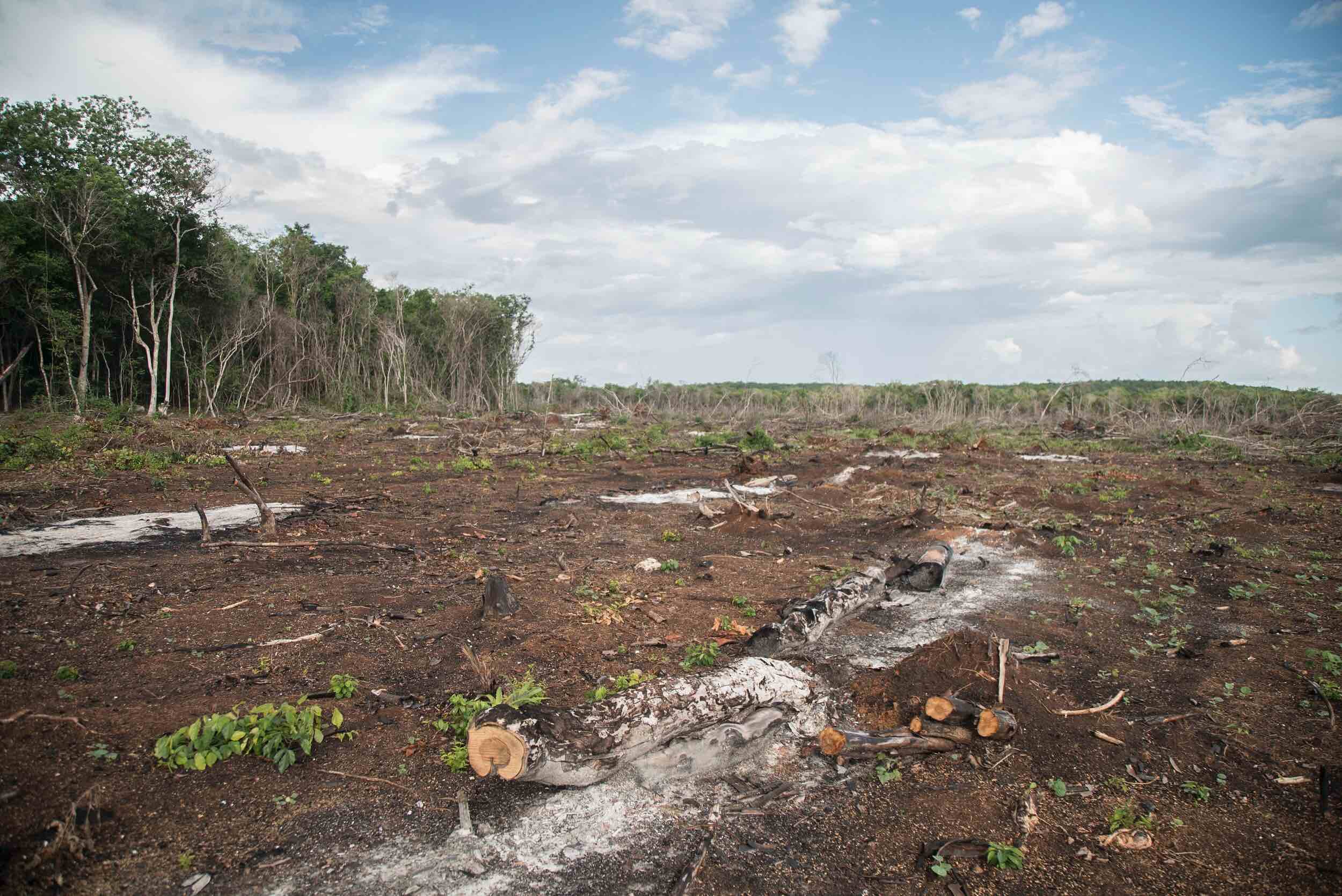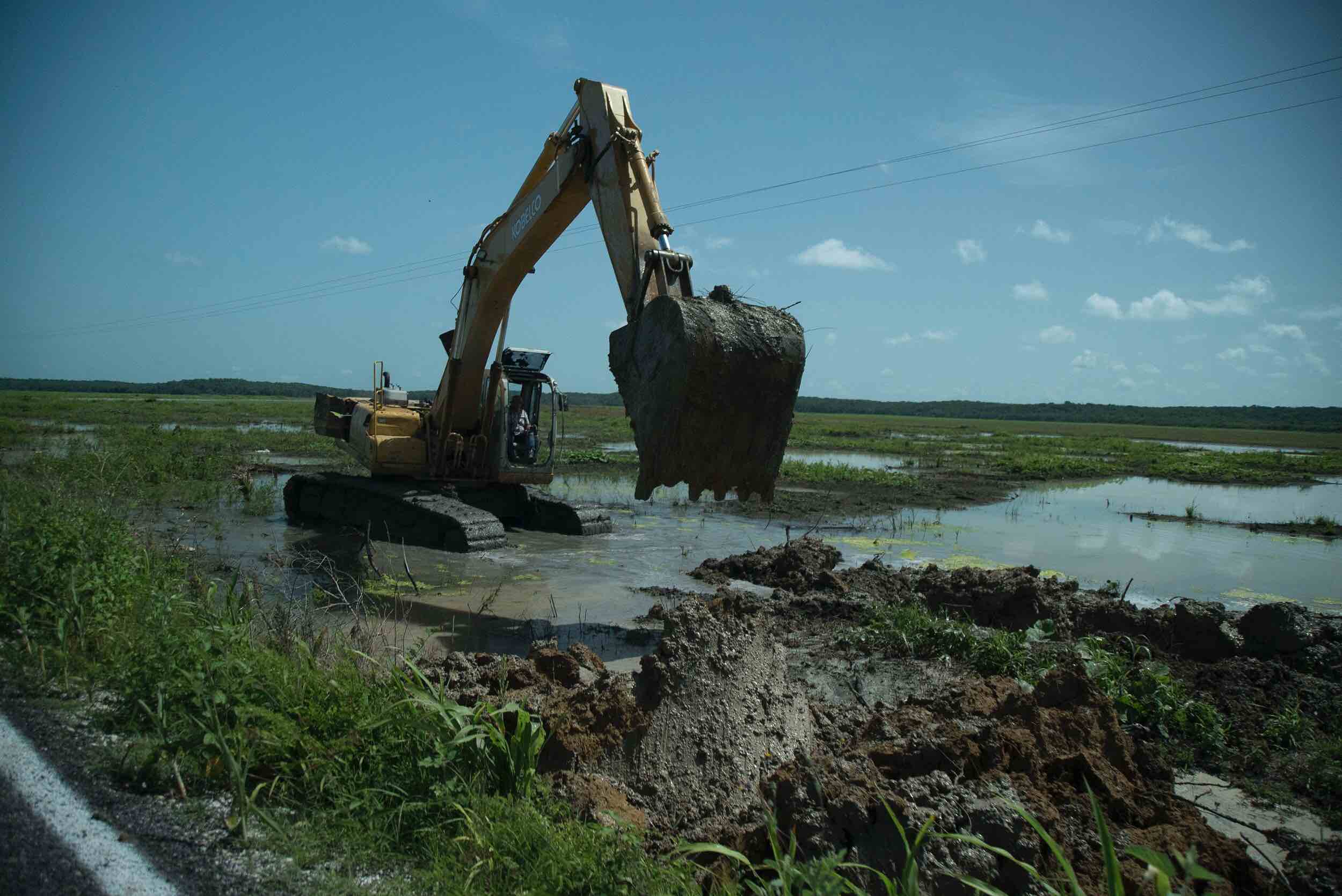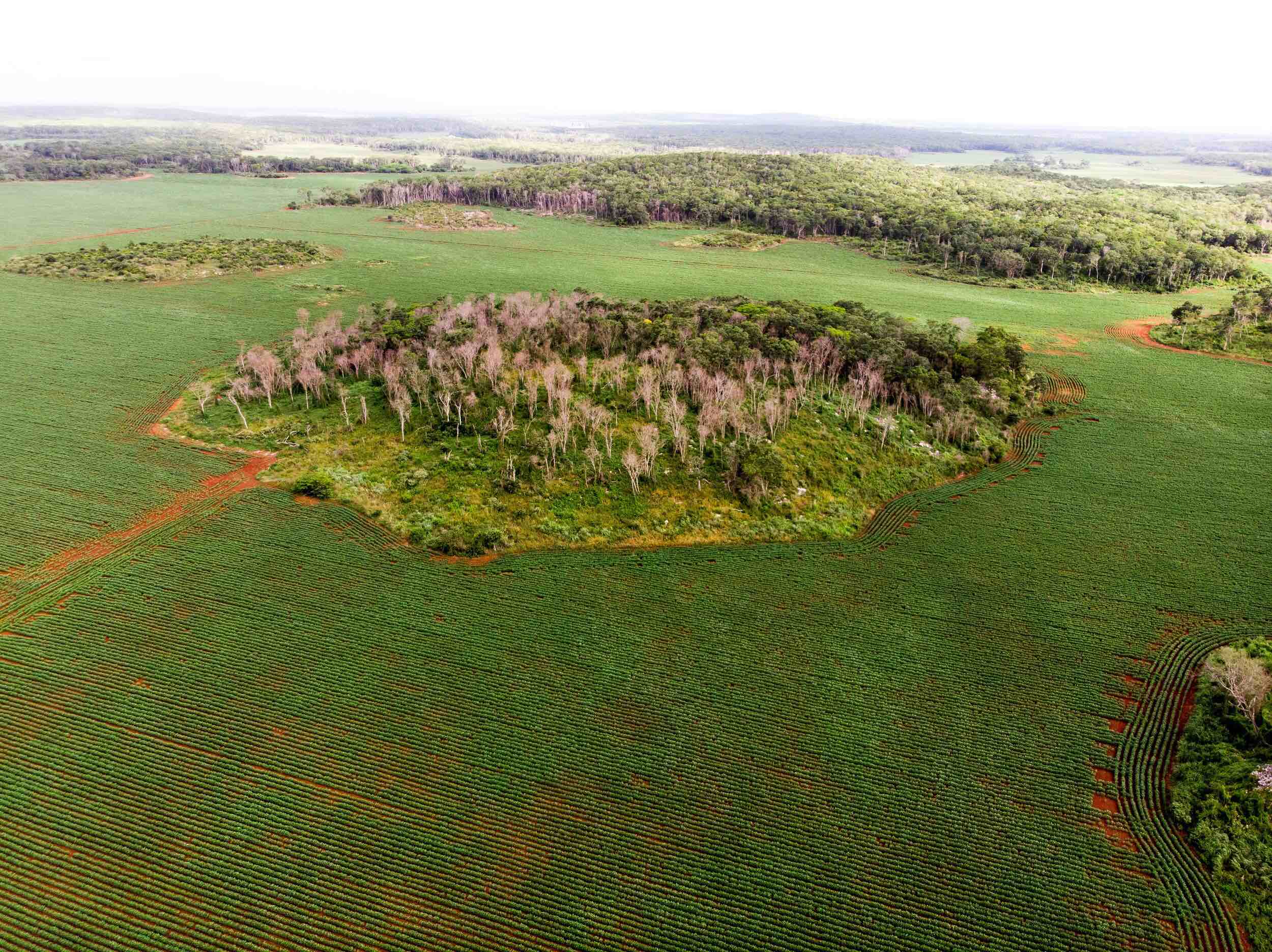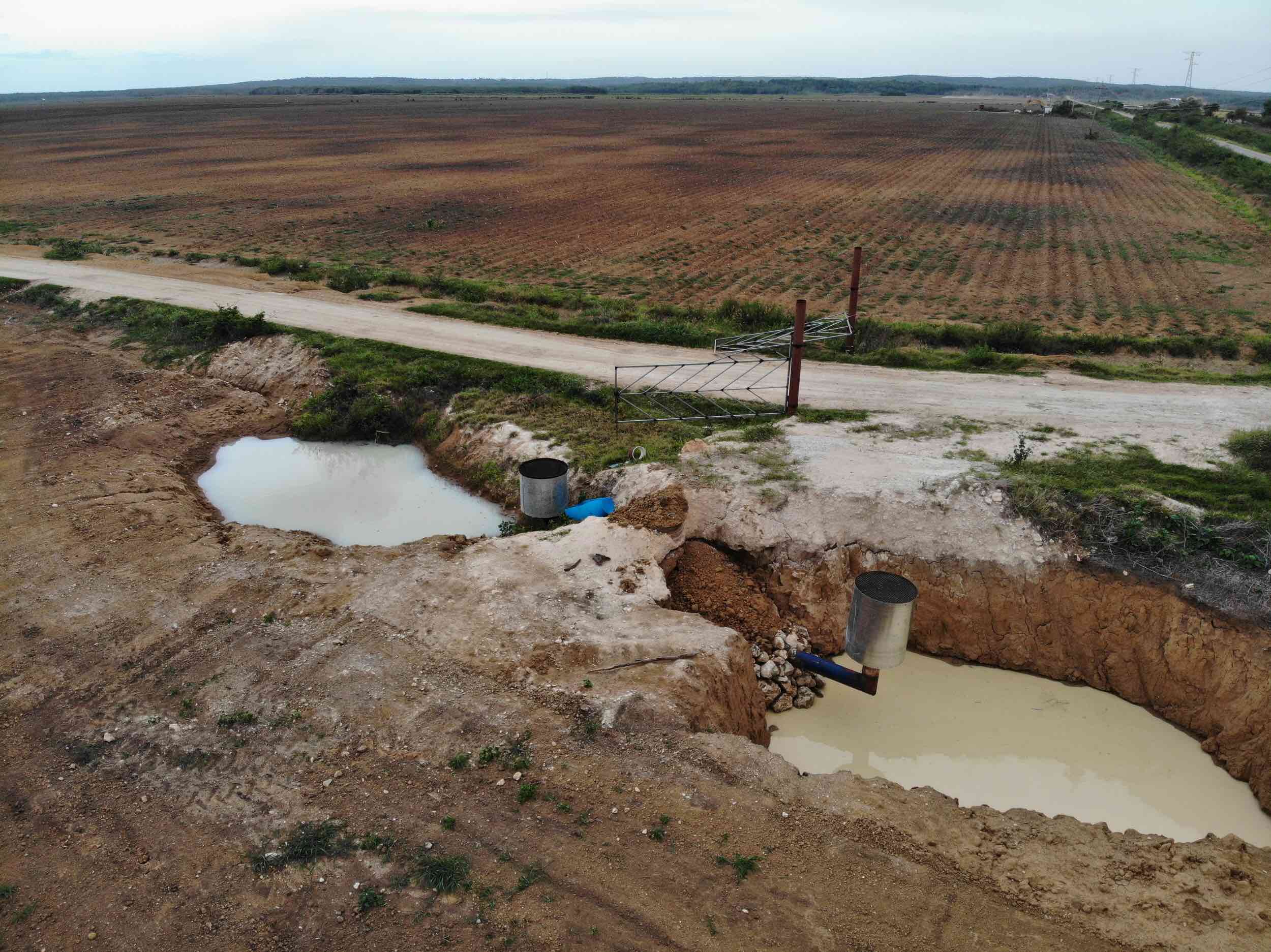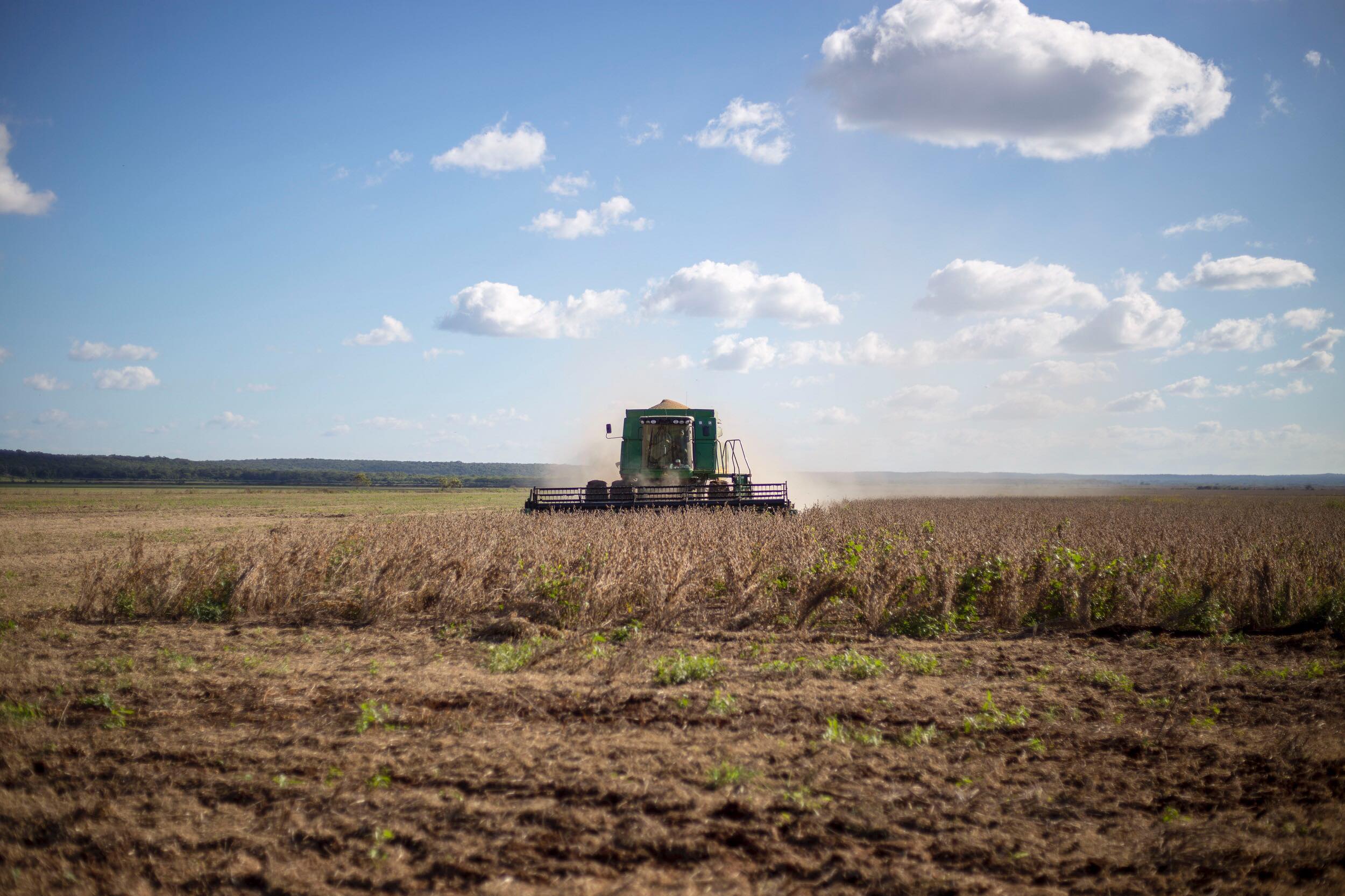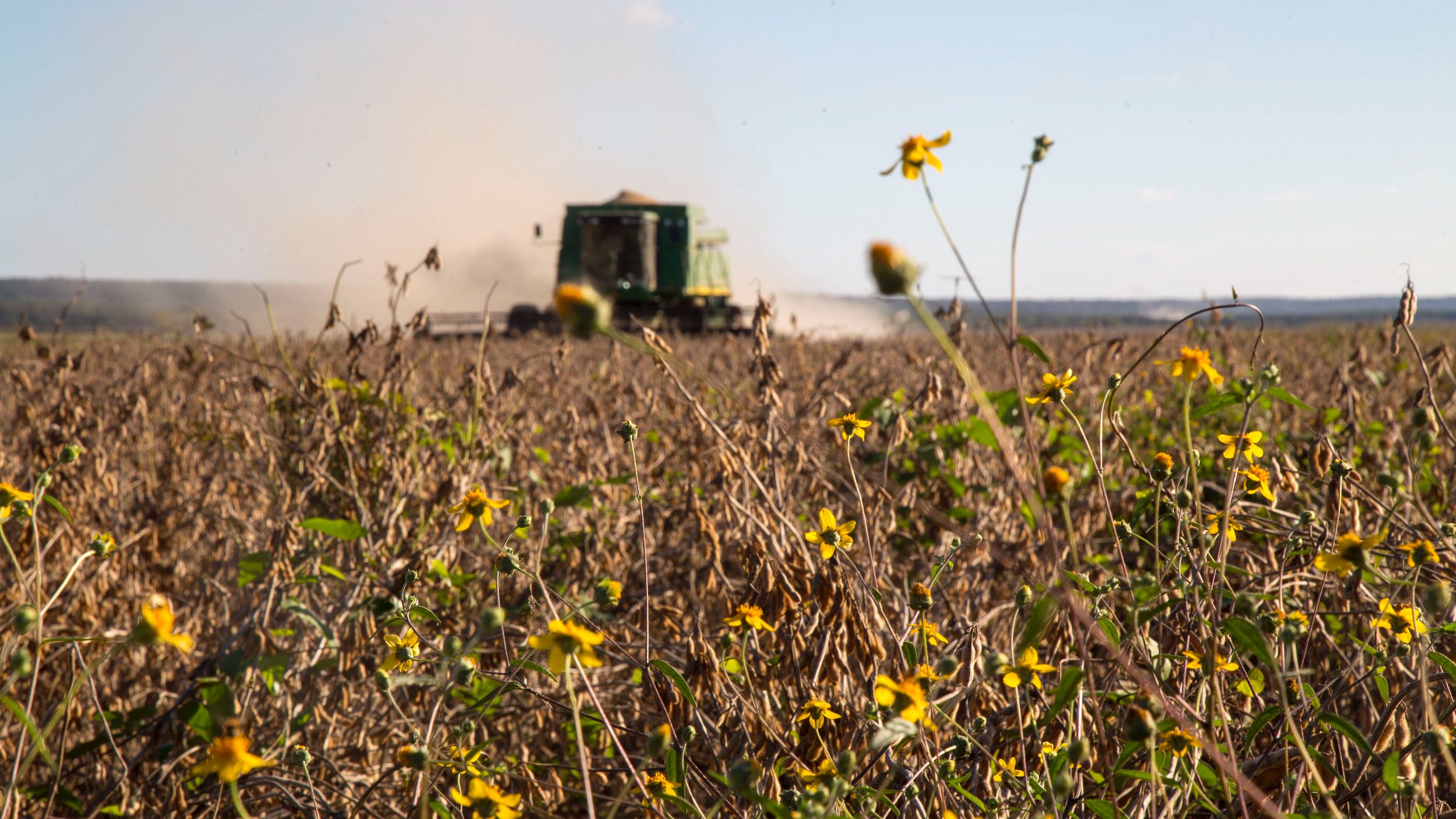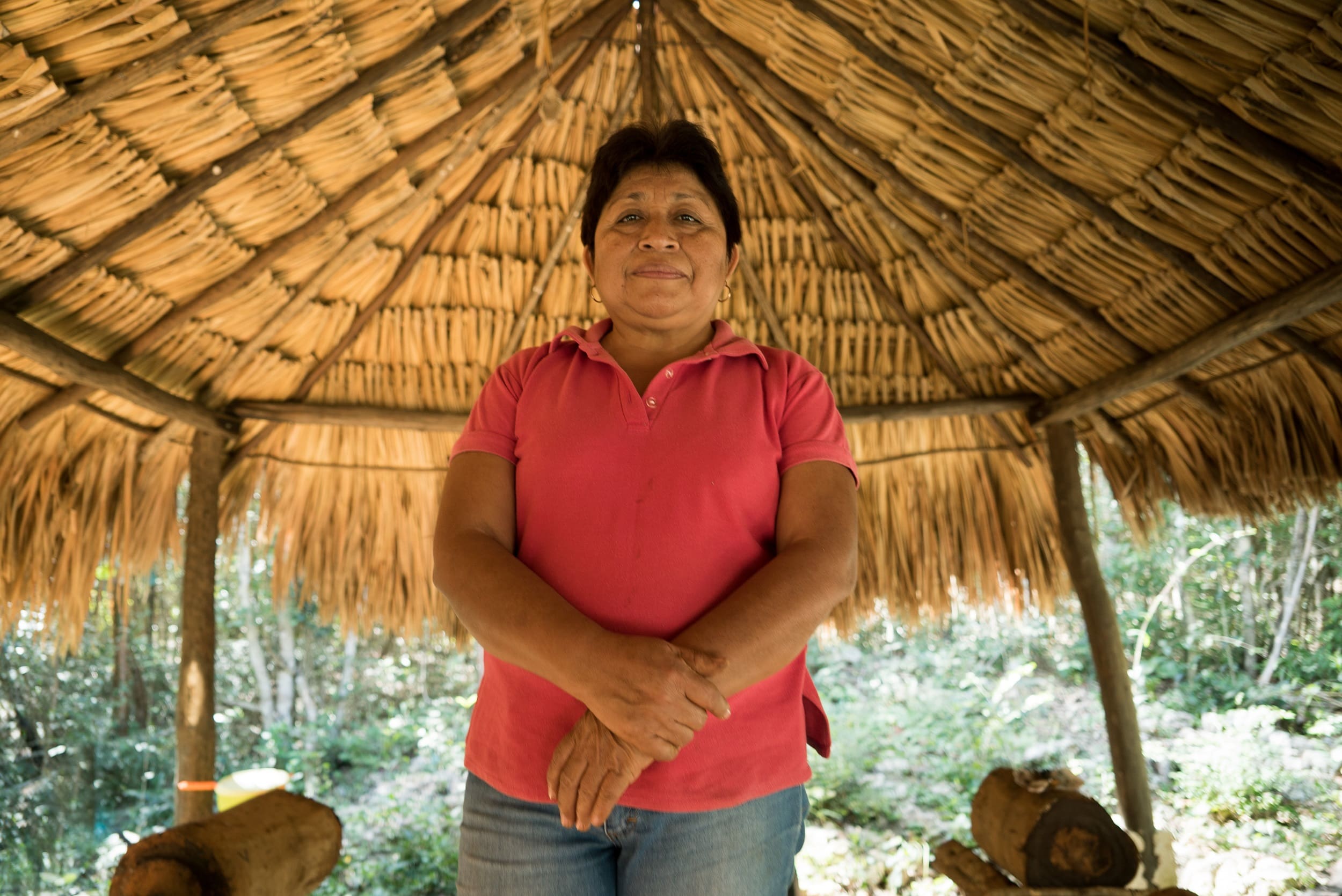
- Good Stuff -
- 10mins -
- 2,021 views
Meet the Mayan beekeeper who beat Monsanto
Leydy Pech, winner of the 2020 Goldman Environmental Prize for North America, is the beekeeper who defended Mexican Maya land against the agro-industry’s GMO crops, and won!
Leydy Pech, the Mayan beekeeper who took on Monsanto and won
This is the remarkable story of Leydy Pech, the indigenous Mayan beekeeper who led a coalition that successfully halted Monsanto’s planting of genetically modified soybeans in southern Mexico. The Mexican Supreme Court ruled that the government violated the Mayans’ constitutional rights and suspended the planting of genetically modified soybeans. Due to the relentless persistence of Pech and her coalition, in September 2017, Mexico’s Food and Agricultural Service revoked Monsanto’s permit to grow genetically modified soybeans in seven states. For this monumental feat of determination on behalf of her ancestral ecosystem, Leydy Pech was recently awarded the 2020 Goldman Environmental Prize for North America.
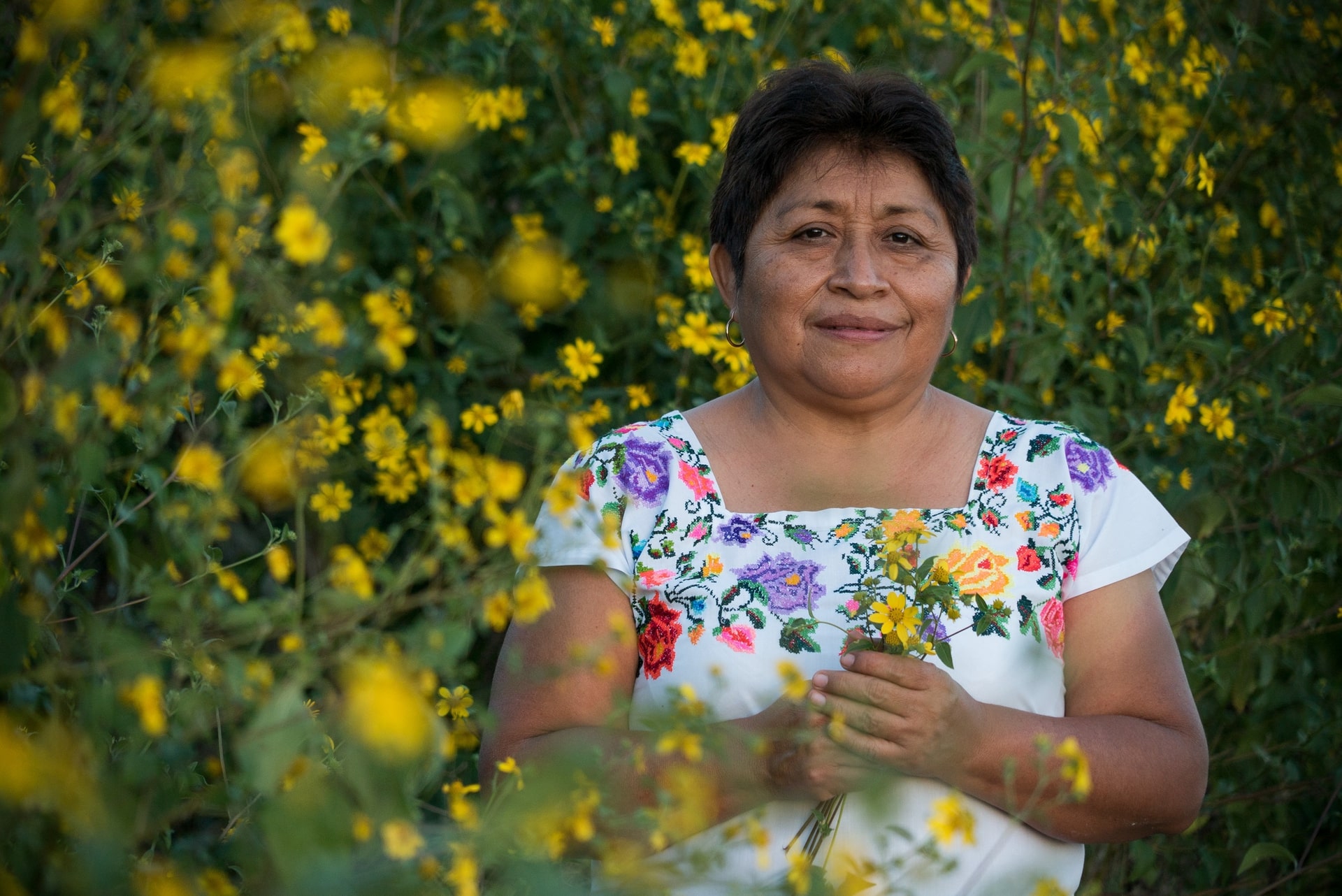
Genetically modified crops were disrupting an Ancient Industry
The state of Campeche in Mexico’s Yucatan Peninsula features an ancient mixture of forests, beekeeping, local agriculture, and deep-seated Mayan culture. Mexico is the world’s sixth largest producer of honey, and 40% of the nation’s honey production originates from the Yucatán Peninsula. In Campeche, 25,000 families—especially within indigenous Mayan communities—depend on honey production for their livelihoods.
Beekeeping is also integral to Mayan culture and a key factor in the protection of Campeche’s forests. Recently, with the rise of industrial agriculture, the state lost nearly 94,000 acres of forest—the highest rate of deforestation in Mexico.
In 2000, Monsanto began growing small, experimental plots of genetically modified (GM) soybeans in Mexico. In 2010 and 2011, these projects were elevated to “pilot projects” by the government.
The GM soybean used by Monsanto (now owned by Bayer) is known as “Roundup Ready,” a reference to the plant’s programmed genetic tolerance to high doses of the herbicide Roundup (also a Monsanto product).
The main ingredient in Roundup is glyphosate, a probable carcinogen that is also linked to miscarriages and birth defects.
In 2012, the Mexican government granted Monsanto permits to plant GM soybeans in seven Mexican states, including Campeche and the Yucatán, without consultation by local communities. It was soon apparent that the GM crops were contaminating local honey in Campeche, threatening the food supply, environment, and livelihoods of the Mayan communities.
Source: GoldmanPrize.org
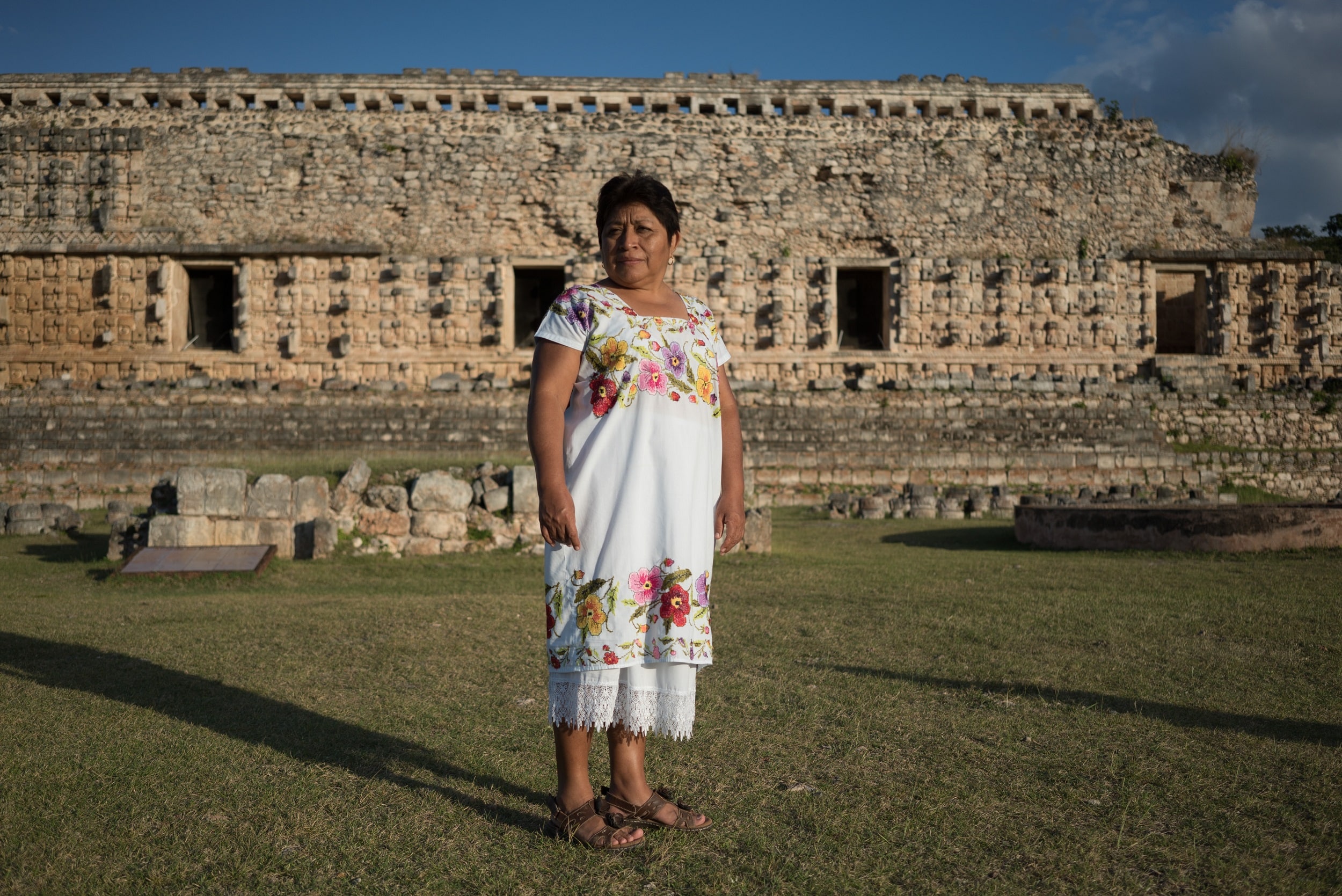
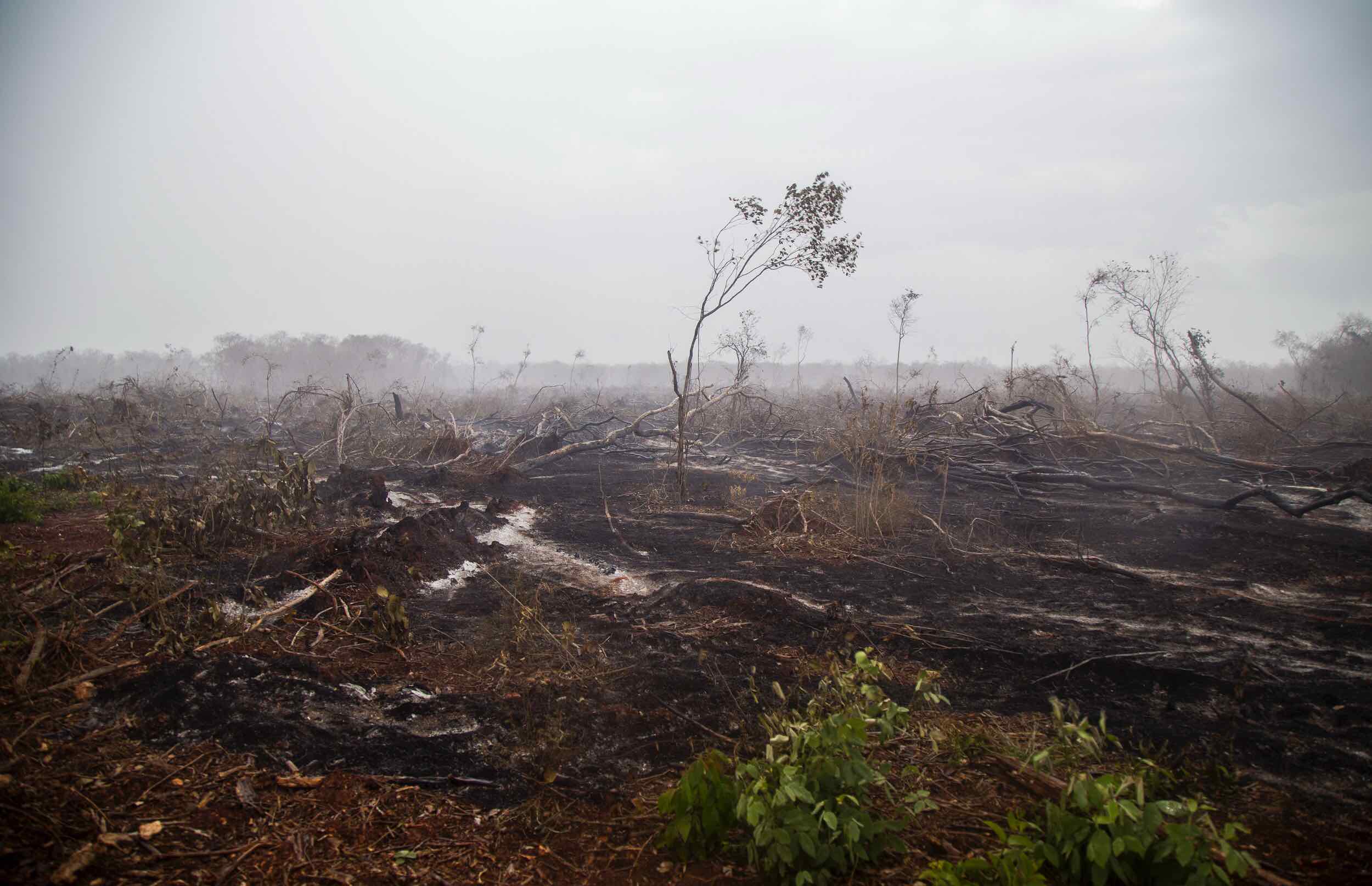
The Beekeepers Who fought Back
In June 2012, in response to the planting of GM soybeans in the region, Pech brought beekeepers, NGOs, and environmentalists together in a coalition known as Sin Transgenicos (Without GMOs). That same month, Pech led the group in filing a lawsuit against the Mexican government to stop the planting of GM soybeans.
Their case rested on the fact that neither the government nor Monsanto consulted indigenous communities before approving the permits—in violation of the Mexican Constitution and International Labor Organization’s Convention 169.
Pech reached out to academic institutions for assistance documenting the impacts of GM soy cultivation on honey, the environment, and people. As a result, the Universidad Autonoma carried out a study of GM soybean production in Campeche—where Monsanto had conducted a pilot project—confirming that GM soy pollen was present in the local honey supply.
The Universidad Autonoma and the UN Development Programme also charted the impacts of glyphosate, finding traces of the herbicide in the water supply of Hopelchén, and in the urine of the town’s residents.
With this data in hand, Pech and her Mayan collective began an outreach and education campaign to local communities and government officials about the negative impacts of GM soybean production. They organised a series of workshops for activists and organisations to exchange information and research, launched petitions, and arranged simultaneous protests in seven Mayan ceremonial centers across the Yucatán Peninsula, with approximately 2,000 participants.
Source: GoldmanPrize.org
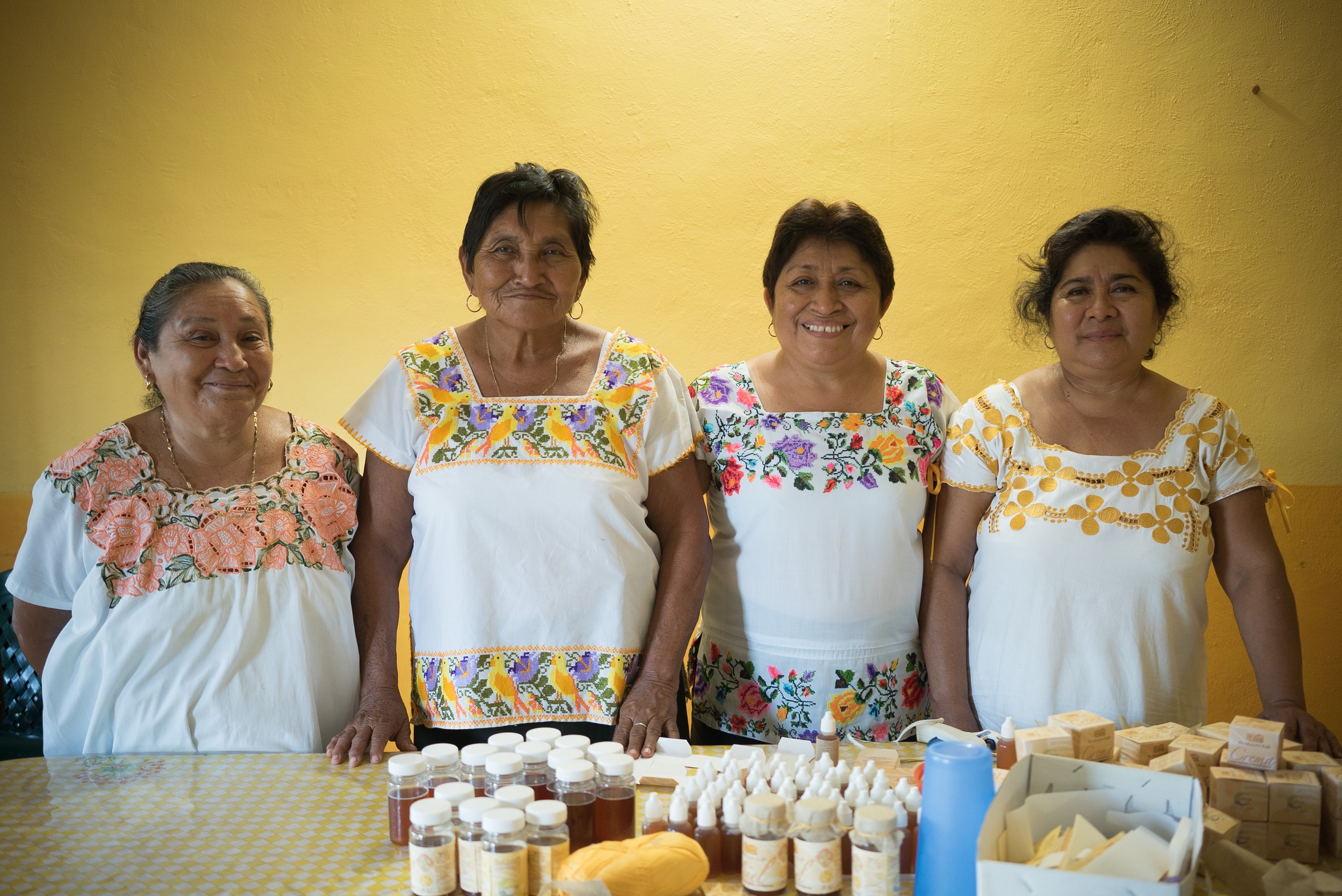
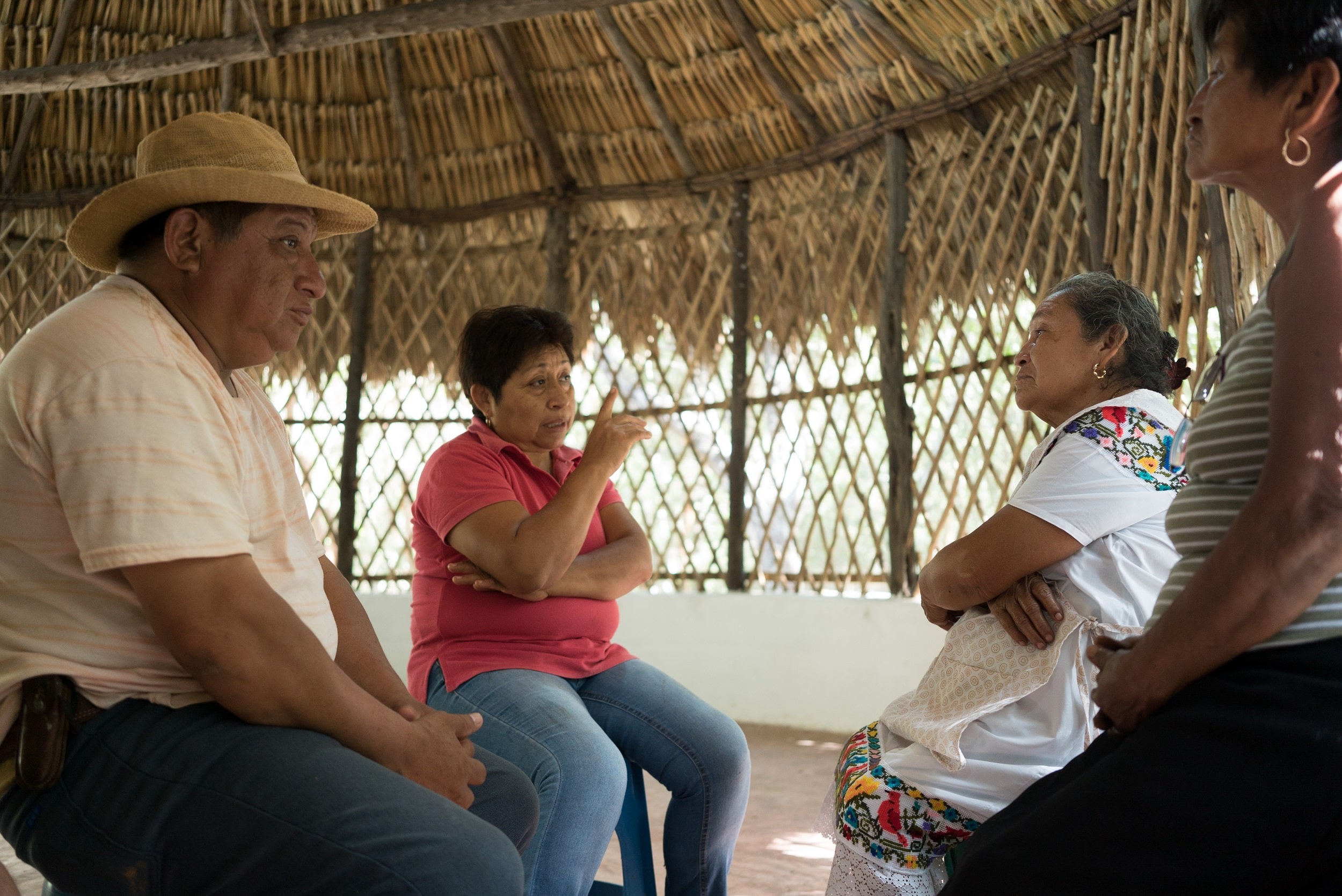
Pech is an unassuming but powerful guardian of Mayan land and traditions
In November 2015, in response to the coalition’s lawsuit, Mexico’s Supreme Court unanimously ruled that the government must consult indigenous communities before planting GM soybeans. The ruling effectively canceled Monsanto’s permits and prohibited the planting of GM soybeans in Campeche and Yucatán.
Then, in September 2017, thanks to Pech’s organising, Mexico’s Food and Agricultural Service revoked Monsanto’s permit to grow genetically modified soybeans in seven states, including Campeche and Yucatán. This decision marks the first time that the Mexican government has taken official action to protect communities and the environment from GM crops.
Pech and the coalition’s historic fight is precedent-setting for Mexico, and already a model for other indigenous movements struggling to preserve indigenous rights and land management. Carrying out a “lucha de la vida” (a struggle for life), she brought together a diverse group of activists and stakeholders and organised thousands of people through outreach, assemblies, and petitions.
An unassuming but powerful guardian of Mayan land and traditions, Pech experienced frequent discrimination and was widely underestimated: upon seeing her in person following her court victory, a lawyer for Monsanto remarked that he couldn’t believe that this “little woman” beat them.
Source: GoldmanPrize.org
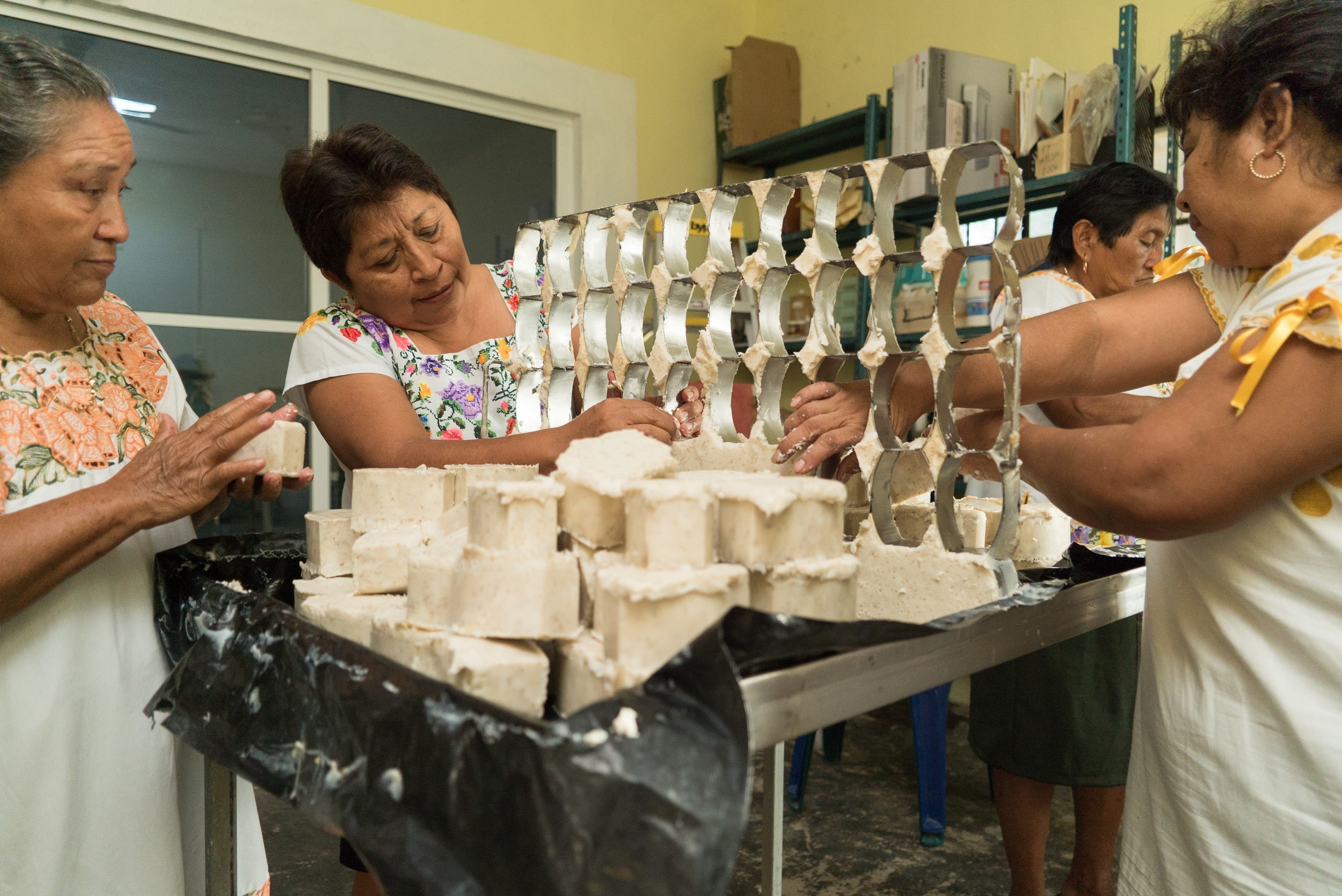
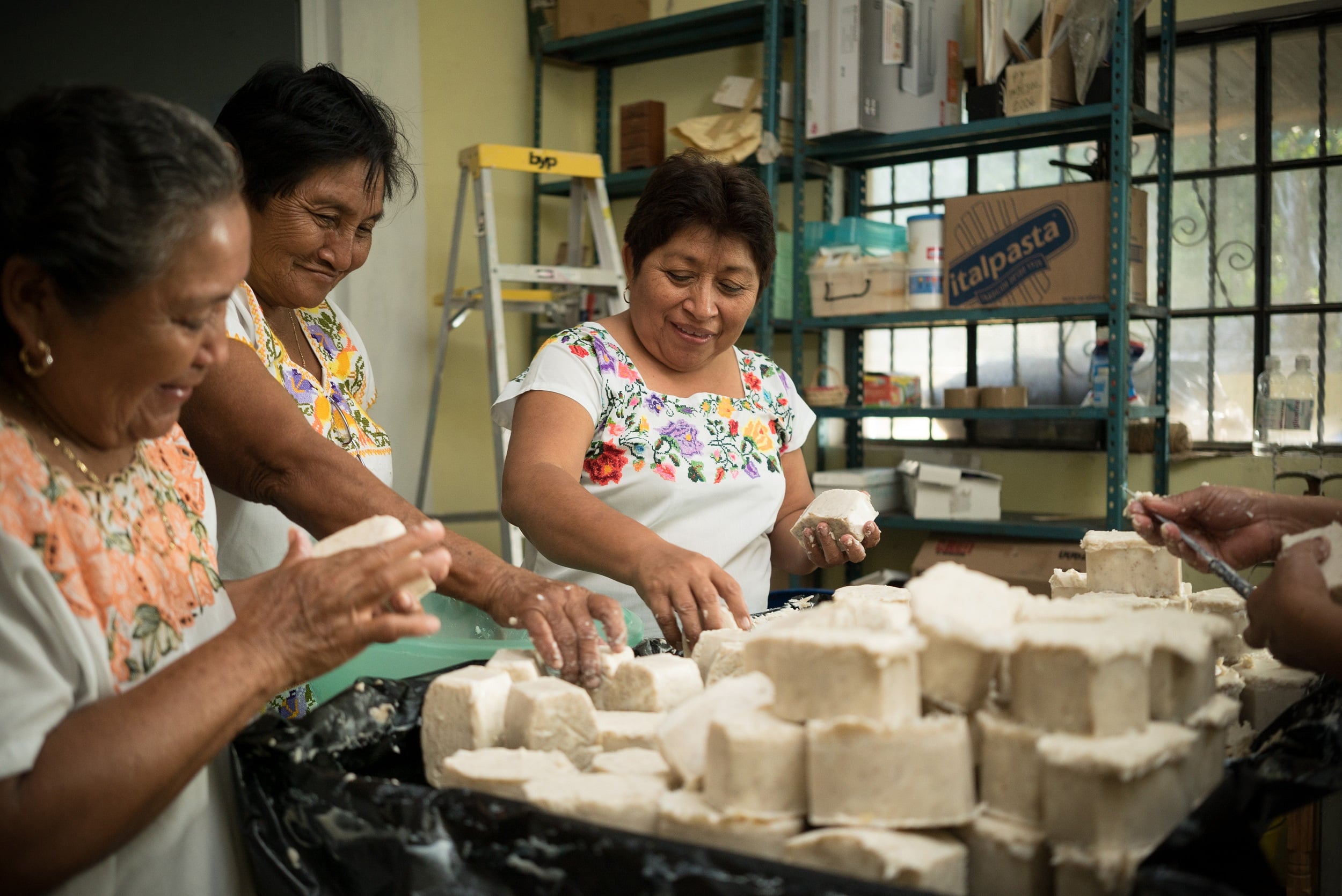
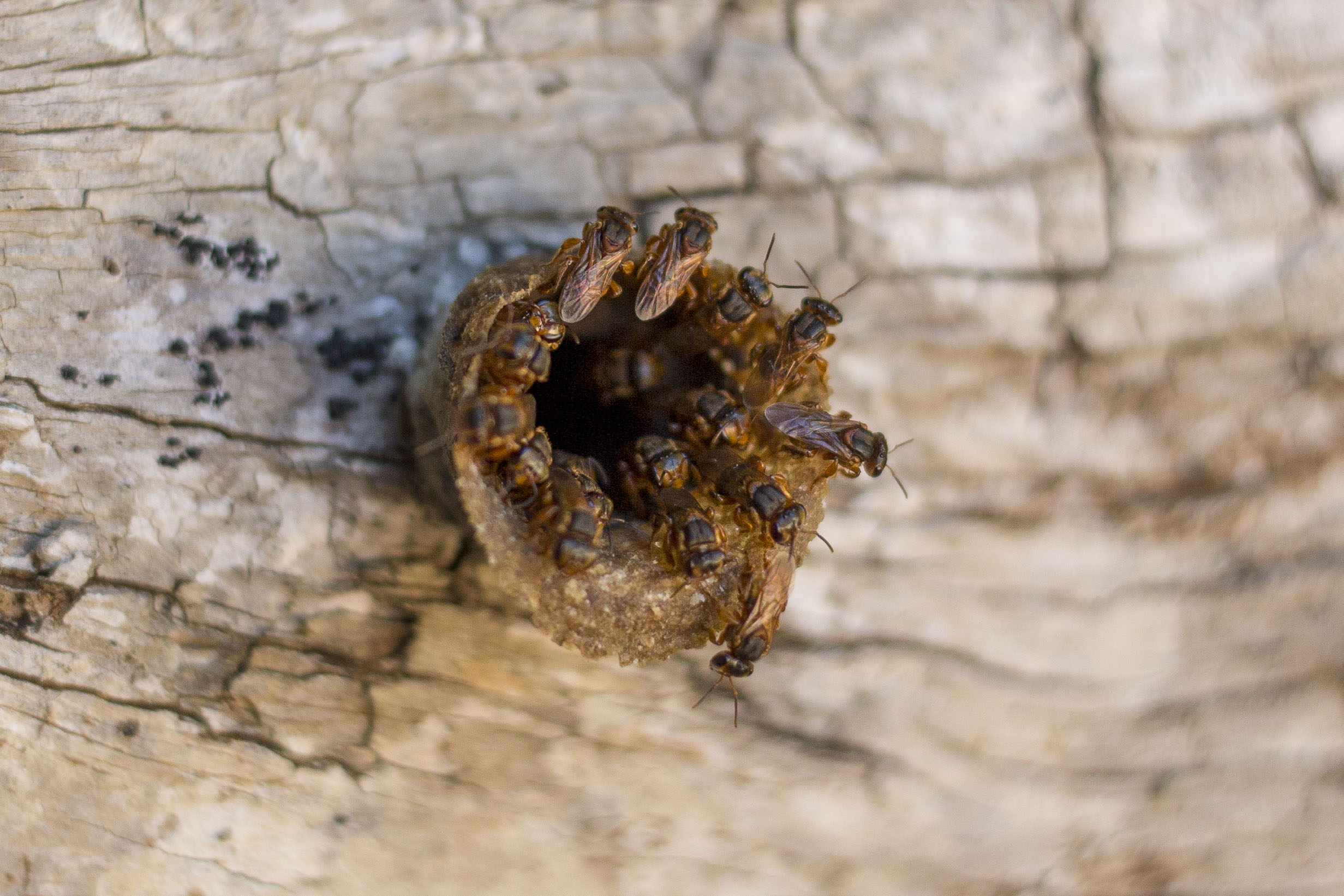
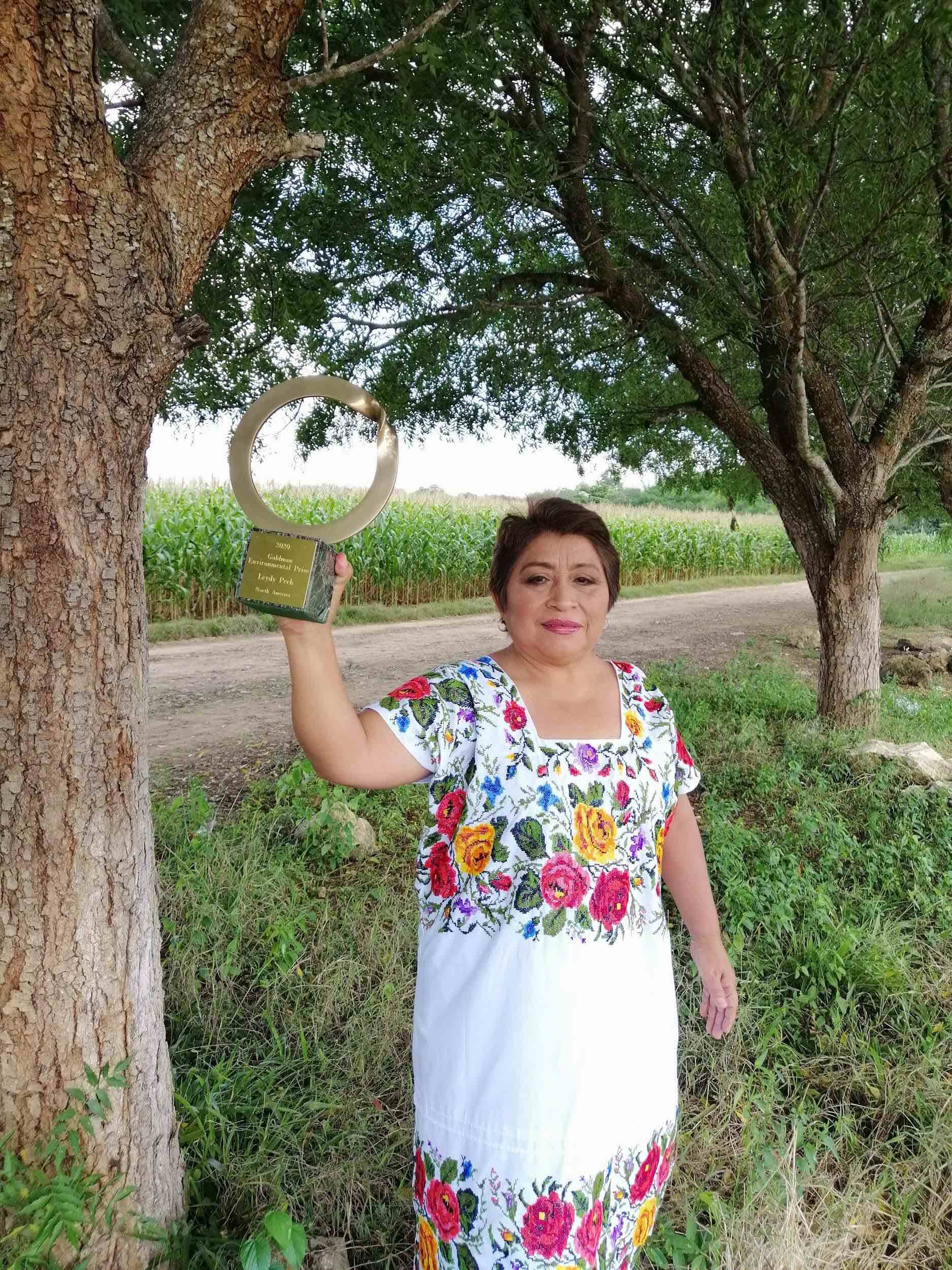
Leydy Pech: Supporting indigenous territory, traditions, and livelihoods in the Yucatan
The following is a statement by 2020 Goldman Environmental Prize winner Leydy Pech:
Today is a historic day for the Maya people.
My name is Leydy Aracely Pech Martín. I am from the community of Ich-ek, municipality of Hopelchén, State of Campeche.
I am grateful to the Goldman Foundation for recognising the work of the Maya communities of Hopelchén in defense of their territory against industrial agriculture and GMOs.
The award gives me the opportunity to tell the world that the territories of indigenous peoples are being dispossessed by extractive megaprojects, agro-industry, tourism and others that strengthen a capitalist model that affects natural resources and our way of life.
I call on all governments and world leaders to rethink more comprehensive development models that respect and recognise human rights, autonomy, self-determination of Indigenous peoples and ancestral heritage.
— Leydy Pech
Source: GoldmanPrize.org
